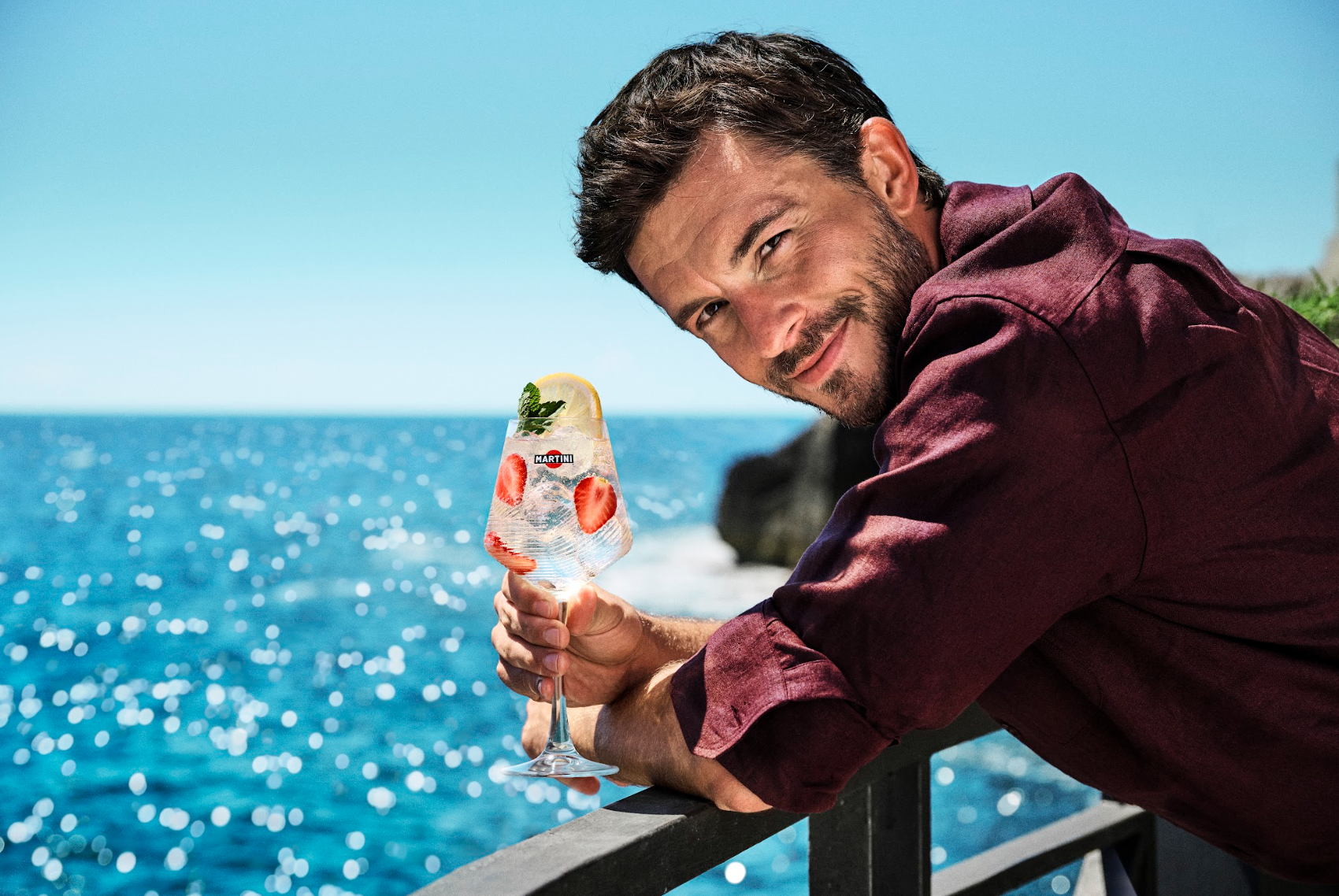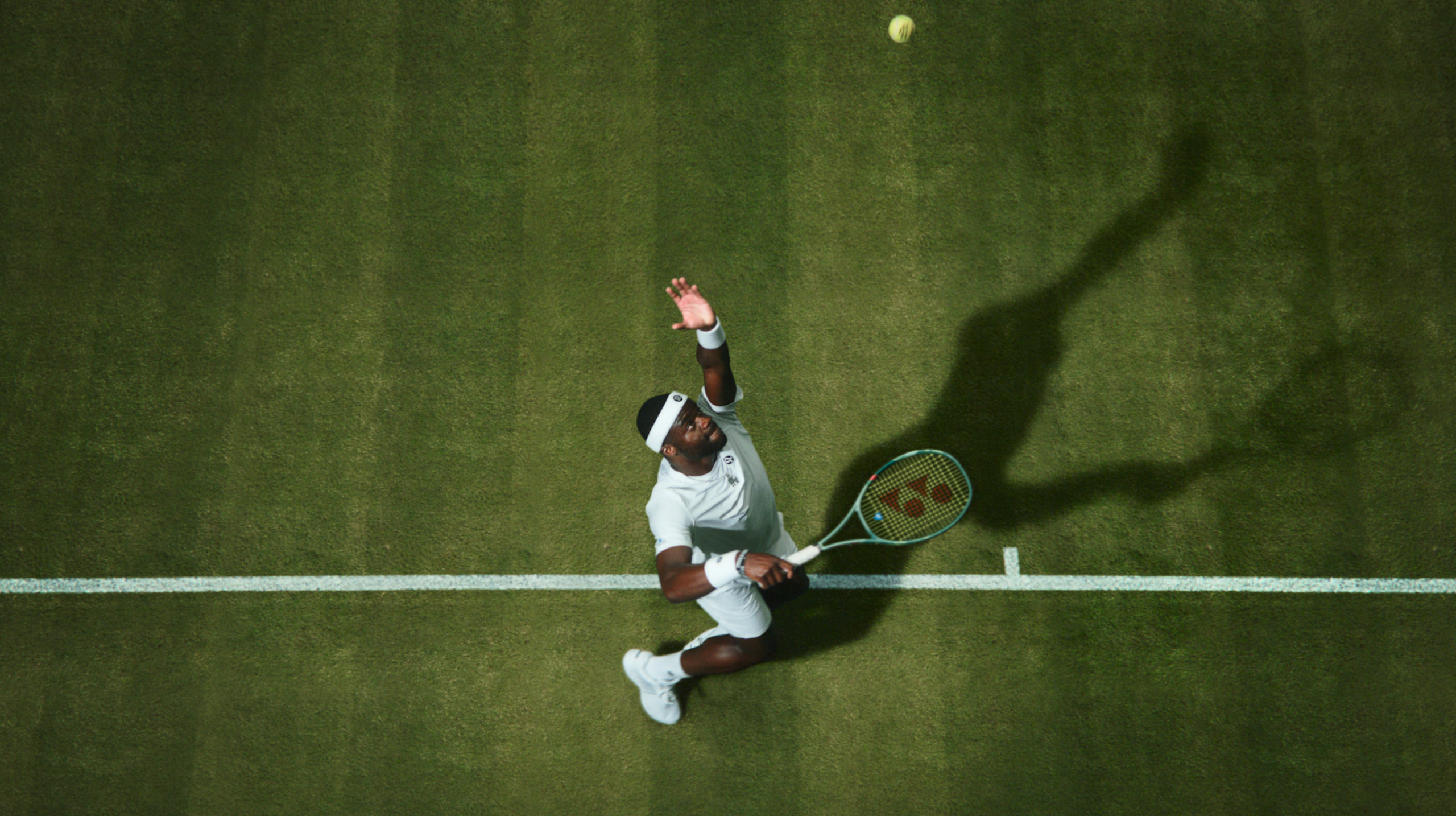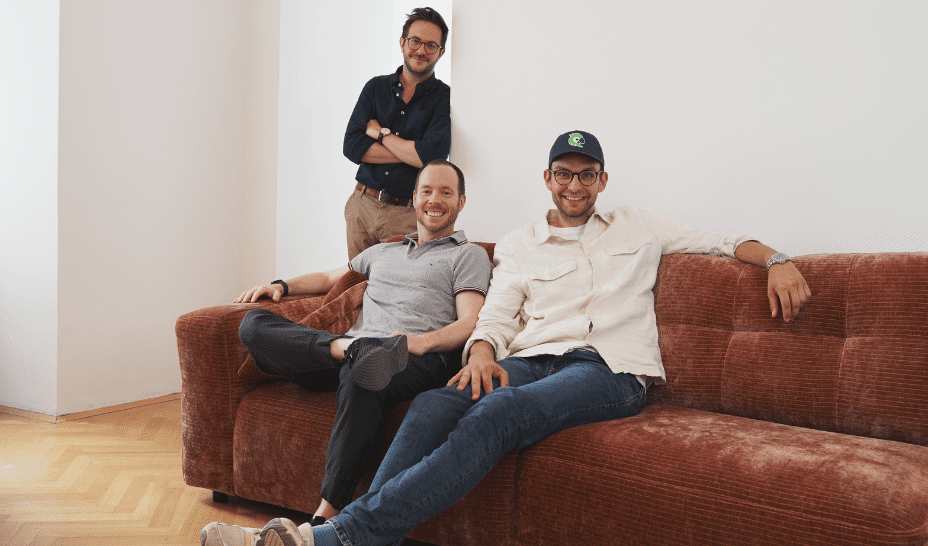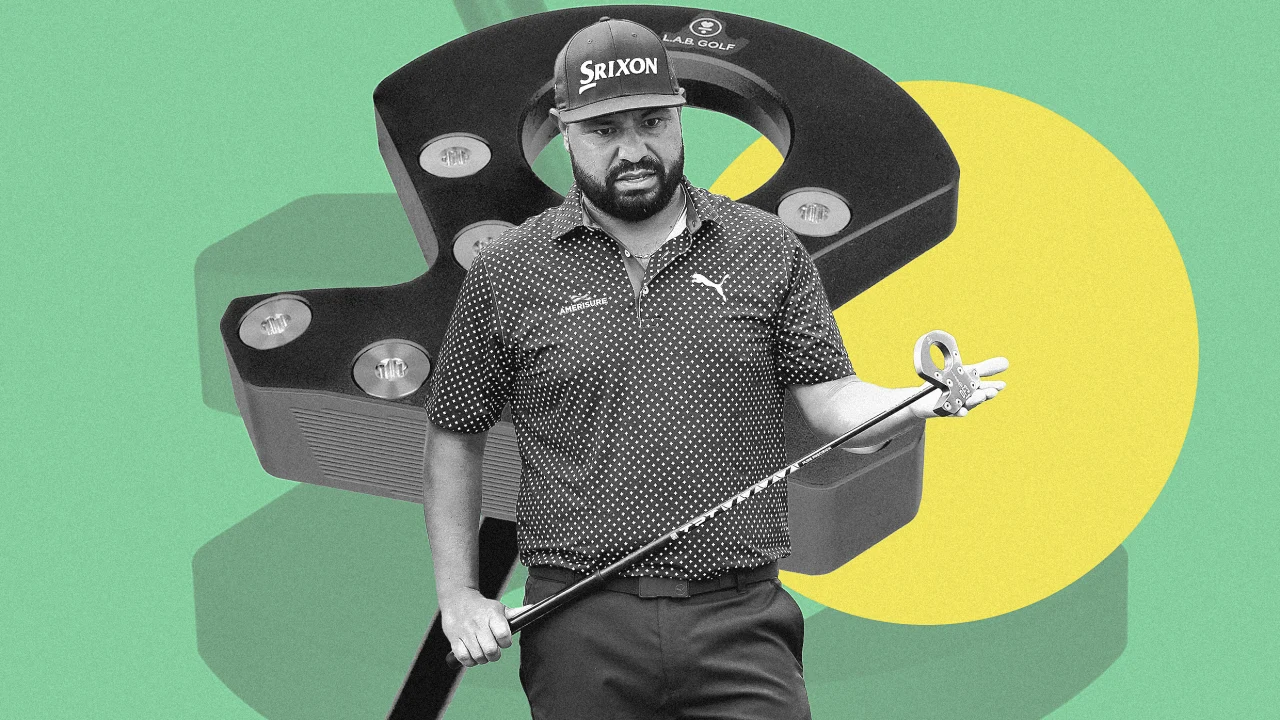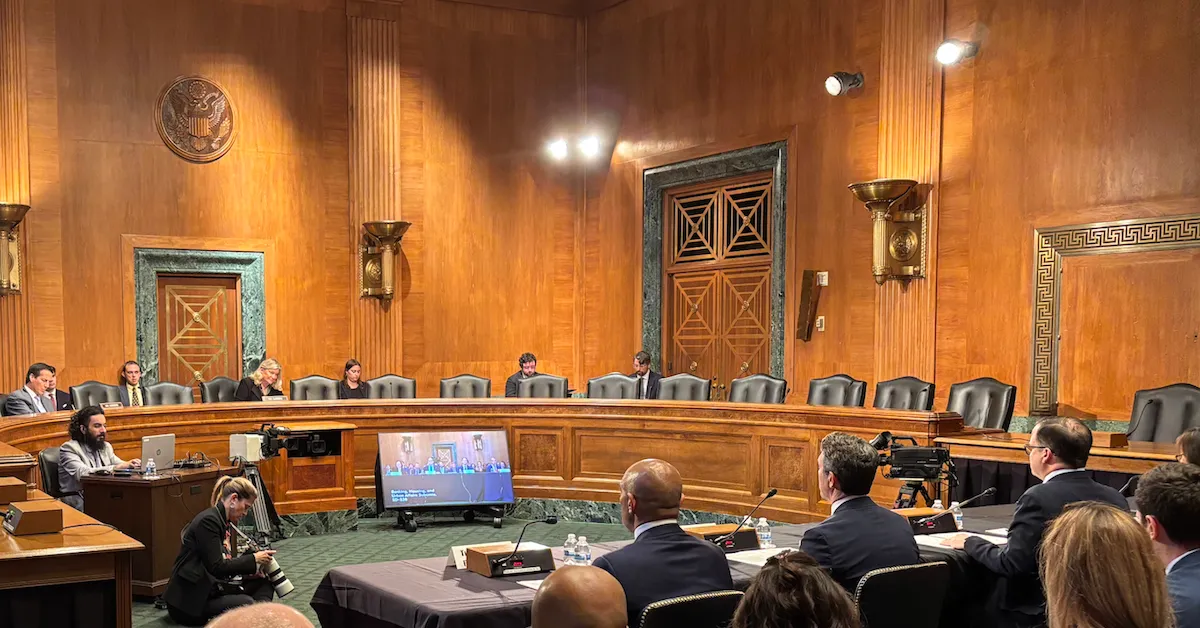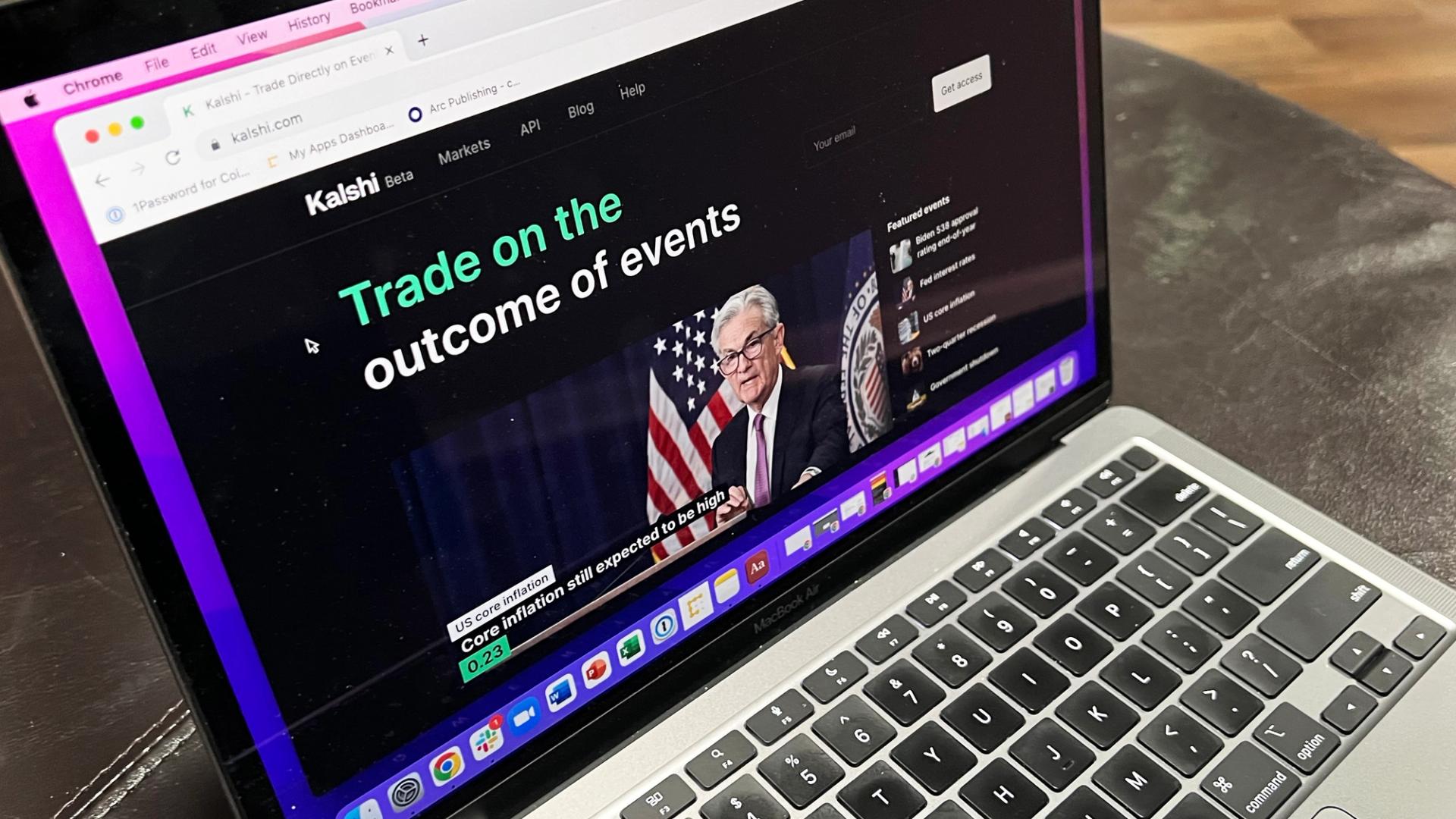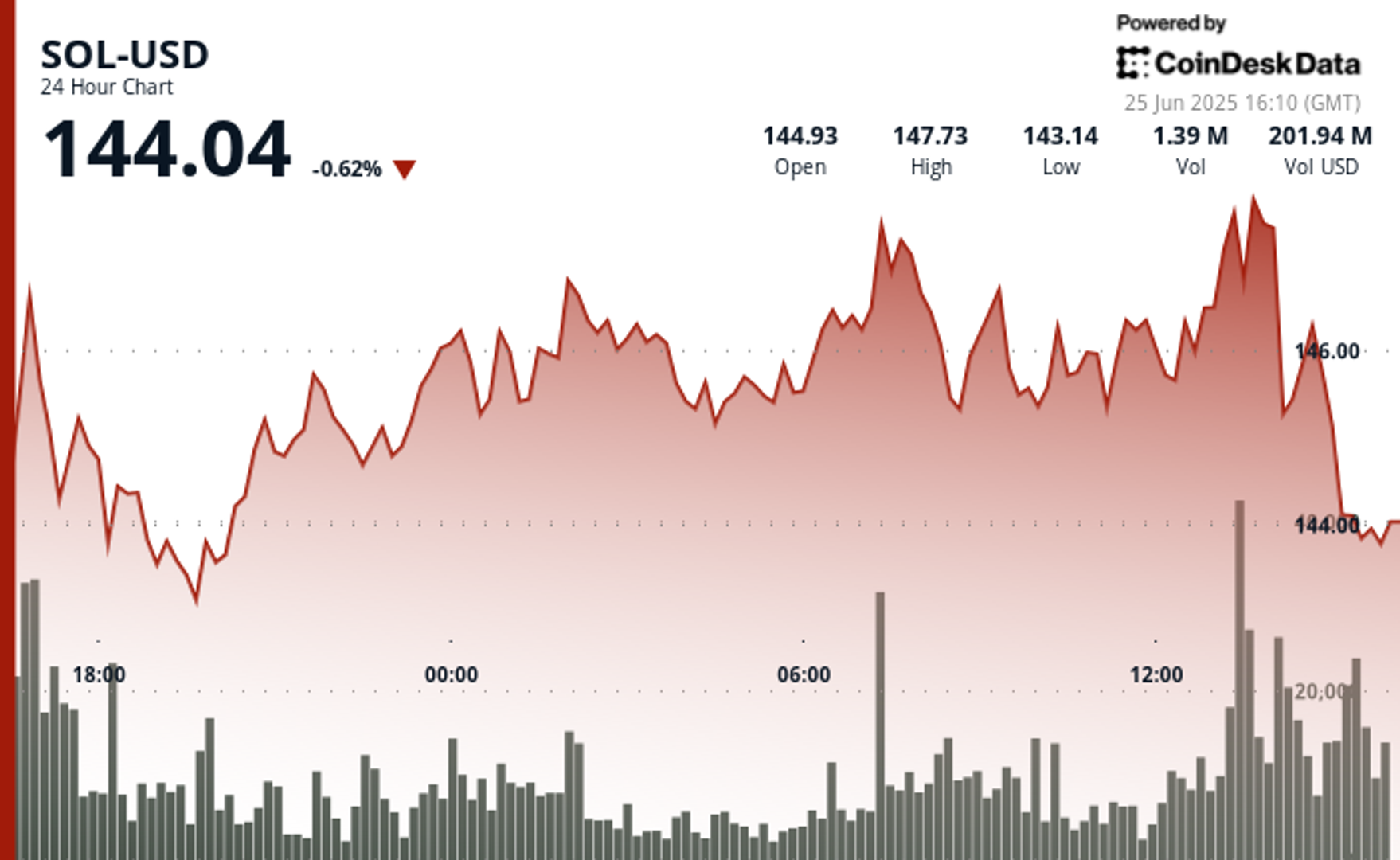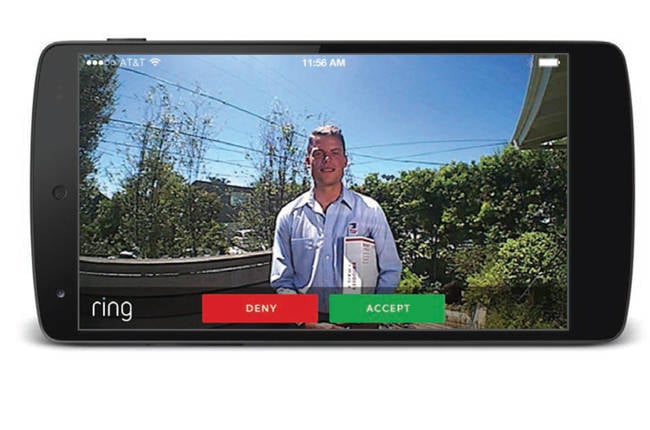14-time Olympic medalist Katie Ledecky encourages Gen Z grads to set goals—but don’t expect to achieve them: ‘You don’t have to win the race’
The world-record-holding swimming star warned Gen Z grads that focusing too much on beating others can actually backfire.

- Even as one of the most decorated U.S. Olympians, Katie Ledecky says she never sets goals just to win. The 14-time medalist urges Gen Z to stop fixating on how others are performing—and start defining success on their own terms. At a time when the job market feels more uncertain than ever, it’s a reminder young people may need now more than ever.
For Gen Z navigating today’s complicated entry-level job world, it can feel like it’s more important than ever to be the best—and stick out against the sea of competition.
However, 14-time Olympic medalist Katie Ledecky says being too focused on beating others can actually backfire. Instead, she encourages young people to stay in their lane and define success on their own terms.
“You don’t have to win the race. You just need to win your race,” she said to this year’s graduates at Stanford University, her alma mater. “And winning your race means falling in love with the process. Fall in love with the process, not the podium.”
The 28-year-old added that instead of being focused on the performance of others, it’s critical to set your own standards for success.
“I set goals, but those goals aren’t about winning. Winning is inherently about comparison,” she said. “The real race is always the same: it’s me against my goals.”
And while Ledecky’s advice may sound counterintuitive for an Olympic athlete, she’s won more medals than any U.S. female Olympian (including nine golds, the first she won at just 15 years old) and holds the world record for the women’s 800m freestyle and 1500m freestyle.
In the end, keeping your eyes on someone else’s lane can throw you off your own pace. The more energy you spend tracking the competition, the less you have to invest in mastering your craft.
Fortune reached out to Ledecky for comment.
Keep the right people in your lane
Like being in the corner office, swimming can largely feel like a lonesome single-person sport (the 1500m freestyle is 30 laps back and forth for over 15 minutes). However, Ledecky insists that success can’t be achieved without having other people in your corner to help you along the way.
“You can’t go the distance alone, continue to surround yourself with people who will challenge you, support you and make you laugh, make sure you spend time with the people who matter to you,” she told the class of 2025.
It’s a message echoed by other professional athletes in their own journeys. Fellow American olympian Simone Biles credited her mom as someone who helped her stay focused on achieving her goals.
“It does give me chills thinking about what I have accomplished in gymnastics,” Biles said to graduates at Washington University in St. Louis this year. “But I’m going to let you in on a little secret—being the GOAT was never the goal.”
Like Ledecky, Biles wasn’t focused on being the best gymnast ever, but rather the best version of herself.
“To be an elite student or an elite athlete or an elite anything, you have to be…the kind of person who is fueled by their own passion,” Biles added. “My goal was to be the greatest Simone Biles of all time.”
The similarities between CEOs and athletes
By many means, the skills needed to succeed in business are similar to those of a professional athlete. According to McKinsey, the need for time management, resilience, and a learning mindset are especially parallel.
“The best leaders today have made a generational change in their thinking, one that closely parallels how elite athletes prepare, train, and compete,” wrote McKinsey partners Bob Sternfels and Daniel Pacthod. “In several ways, the two jobs—CEO and athlete—are highly correlated.”
In fact, many chief executives credit sports for shaping their leadership styles in the boardroom.
Stephanie Linnartz, the former CEO of Under Armour, told Fortune that as a runner, she learned the importance of treating the pathway to success as a marathon, not a sprint.
“Sports can empower all of us to achieve excellence in every aspect of our lives. We are all athletes, pursuing our own greatness in everything that we do,” Linnartz said. “Personally, I’ve always been an avid runner as the sport has kept me grounded throughout my life and focused on what’s up ahead, rather than behind.”
This story was originally featured on Fortune.com




![Snapchat Shares Trend Insights for Marketers to Tap Into This Summer [Infographic]](https://imgproxy.divecdn.com/7LB56F586EcY82vl5r47Ba6f7RdKcHkNelnSgSe8Umc/g:ce/rs:fit:770:435/Z3M6Ly9kaXZlc2l0ZS1zdG9yYWdlL2RpdmVpbWFnZS9zbmFwX2tzYTIucG5n.webp)





![What Is a Markup Language? [+ 7 Examples]](https://static.semrush.com/blog/uploads/media/82/c8/82c85ebca40c95d539cf4b766c9b98f8/markup-language-sm.png)


